Tips to Better Tasting Food
Make sure your meals are the best they can be by using these tips for better tasting food!
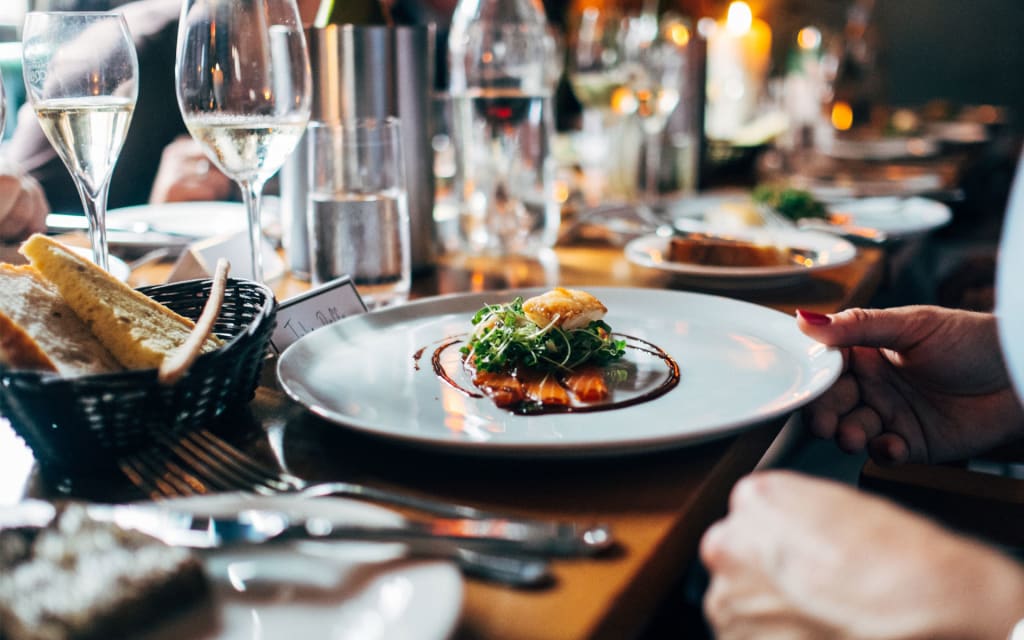
Tips for better tasting food are a hot commodity. Everyone wants to enjoy their food. After all, food is something that we all must eat in order to stay alive. However sometimes cooking can seem a bit daunting. This makes sense, given that most people usually only see the final product in the kitchen rather than seeing the process of making the wonderful food you eat. In order to help people get the most out of their time in the kitchen, we've developed this list of tips for better tasting food!
Dry Your Meat
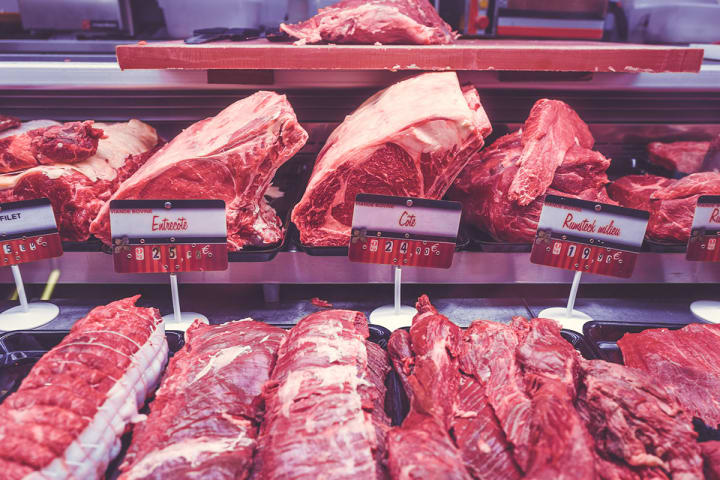
Photo by Lukas Budimaier
One of the first things that people want to do when they begin cooking is to get the perfect sear on a piece of meat. This isn't surprising, as anyone who eats meat knows that the best part is the crisp sear on the outside of the piece before you sink your teeth into the soft, juicy middle. In order to get the perfect sear, you want to make sure to dry off the surface of your meat before you start cooking it. Doing so will let the heat from the pan or grill come into direct contact with the meat itself, instead of having to heat its way through a layer of liquid. This means the outside of the meat gets steamed a bit before it is cooked and, as a result, you do not get the sear that you are looking for.
Another advantage to drying your meat before cooking it is that it will help you season the meat better. Because the liquids that would normally absorb your seasonings are gone, the seasoning sticks directly to the meat, ensuring the great taste that you are looking for!
Keep it Simple
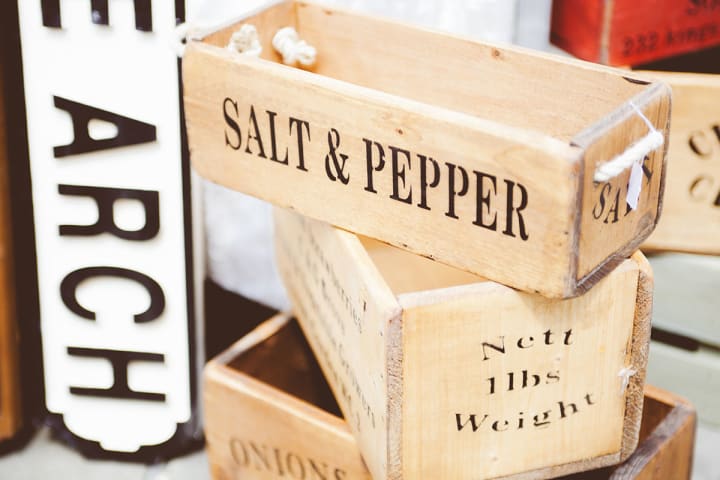
Photo by Clem Onojeghuo
Frequently people will become confused about how flavor is produced. That's why one of the best tips for better tasting food is to keep it simple. You do not need a huge number or variety of spices to make food taste good. The best restaurants in the world have found that the best way to get great tasting food is to let the food shine. As a result, they frequently only use salt, pepper, and maybe one or two additional seasonings. Trying to force too many different flavors into your food results in a situation where your food has no distinct flavor and is instead a confusing mess of many different flavors.
A great way to get used to this is to explore simple and common recipes. Many recipes from different cultures contain only one or two seasoning ingredients in addition to the main protein, vegetable, and starch components.
Sauces

Photo by Ashim D’Silva
One of people's favorite things about the dishes they eat is the sauce that comes with them. Once you are done cooking try using a wine or vinegar to "de-glaze" the pan that you cooked in to make a sauce. Adding a sauce to a dish is a great tip for better tasting food as sauces contain concentrated flavor from the food you were cooking. As a result they help everything taste more like itself while also providing a touch of moisture to food that might otherwise be a bit dry. Because of this, sauces are also a great way to help cover mistakes in the kitchen without drawing too much attention or having to start over again!
Additionally, sauces are a bit of a flourish. Many people do not understand the simplicity of making a sauce, they only see the result. Therefore sauces are a great way to give your meals an extra level of sophistication and class without adding too much work.
Don't Make an Oil Spill
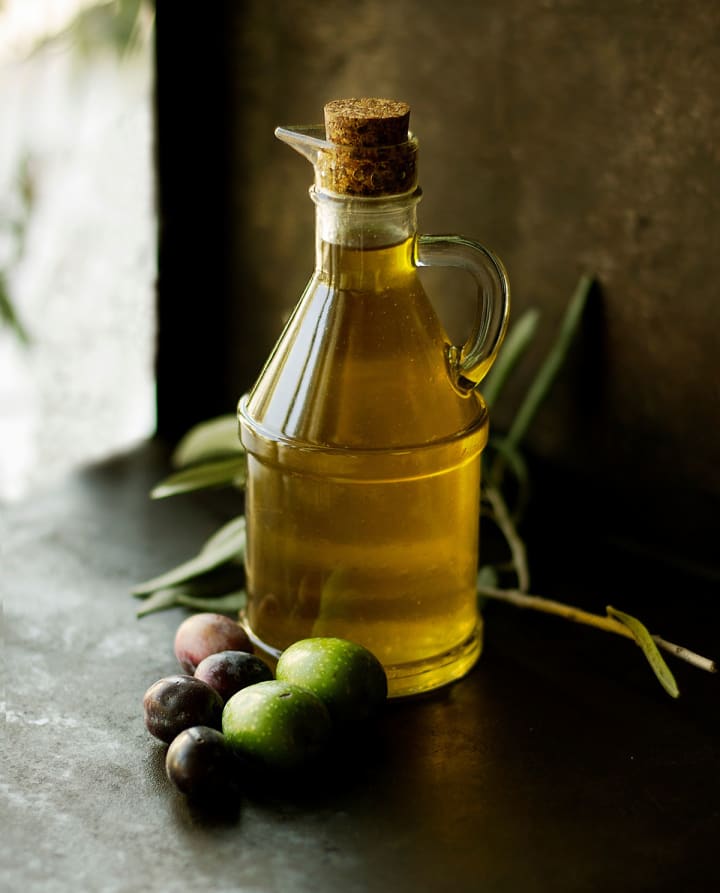
Photo by Roberta Sorge
Food from all over the world is cooked in oil. Oil expands the heated surface area and is an incredibly effective medium to transfer heat so it helps make sure that your food is cooked faster and more evenly without burning. However, one frequent mistake people make in the kitchen is putting too much oil in the pan they are using. The result can be a greasy, unappealing mess. The entire bottom of the pan does not need to be coated in oil. In fact, just a small amount will be enough to reap the benefits without making your food overly greasy. After all, it doesn't matter how many tips for better tasting food you have if your delicious meal is swimming in grease.
Timing Is Everything for Seasoning
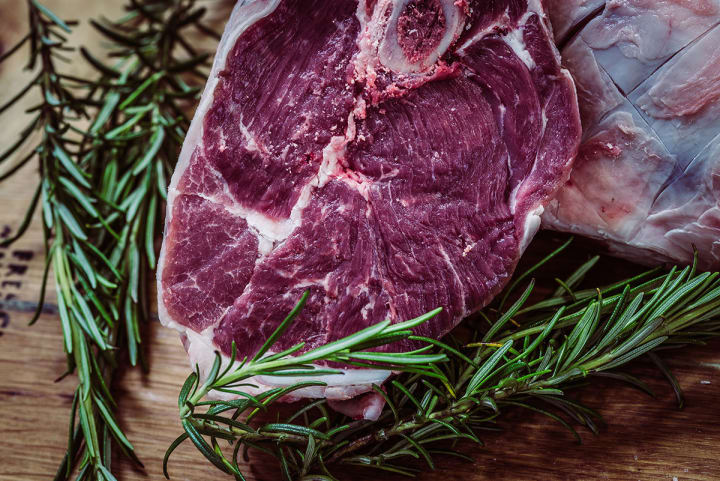
Photo by Jez Timms
Another important tip is that you should be aware that seasoning will taste different depending on what part of the cooking process it is used in. For example, if you are cooking meat and you do not season before you start cooking then the meat is going to taste bland and uninteresting. The natural reaction will then be to season the meat after it is done, but doing so just means that your dinner guests will get a mouth full of loose seasoning and then a flavorless taste of meat. Seasoning before cooking lets the seasoning bake into what you are eating and thus enhance its flavor.
However, you should not put every seasoning on before cooking. There are some things that are best applied after the food is already done being cooked. These are spices and herbs that are prone to burning. Also, some things change taste after they've been heated. For example, sprinkling some lime zest into some rice once it has cooled a bit is a great way to put a fresh twist on a staple. Conversely, if lime zest is added to rice when it is still cooking or still hot, the lime becomes bitter and will ruin your food. These examples should demonstrate why proper seasoning timing is a great tip for better tasting food.
Hot Pans Mean Happy Diners
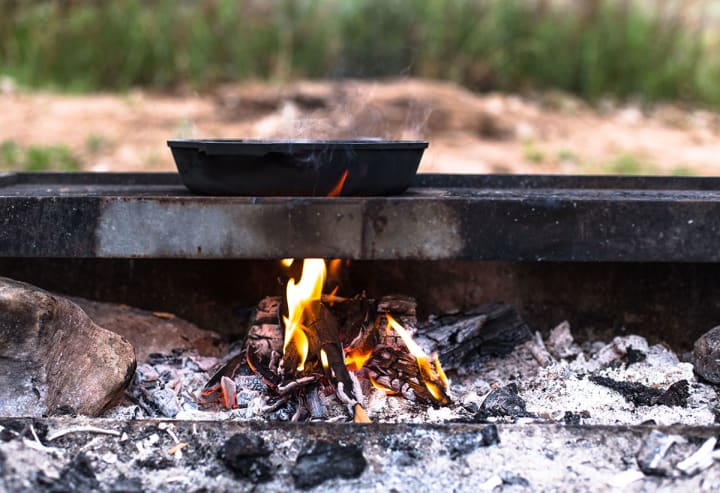
Photo by Tim Wright
When cooking you should always wait for a pan to reach the appropriate temperature before putting food in it. If you put food in a pan while it is still heating up you will not get the lovely sear that you are looking for on your food. Furthermore, putting meat or vegetables in a cold pan will prevent the pan from heating up correctly. This means it will take even longer for your pan to get to the temperature you want and, as a result, you will get a mushy, off-putting, rubbery texture to your food. Additionally, it will be difficult to cook your food evenly because when it is flipped the pan will be substantially hotter, so each side will experience different levels of heat. No one wants to chew on the same bite for a long time to get it down, so make sure the pan you are using is hot before you put food in so that your food cooks properly and evenly.
Heat Doesn't Last Forever
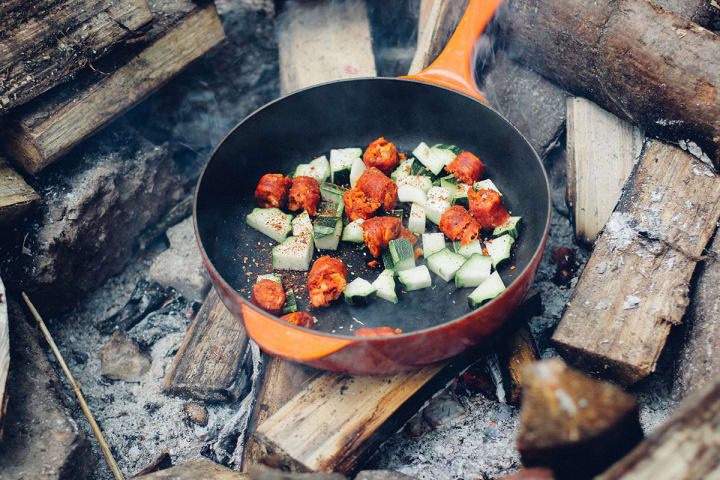
Photo by Dan Edwards
Everyone has run into a situation where they decide to host dinner or are making a larger meal than usual and find themselves mystified why their food isn't cooking the same way it did when they were making it in smaller portions. The trick here is that the more things you put into a pan the more heat the pan loses. This is why the best cooks will stagger the rate at which they add food to a pan so that they can have a consistent temperature.
If you know that you are going to be cooking a larger portion than usual then you should keep the pan at a higher heat than you would normally want. This, and other tips for better tasting food, will help make sure that you have taken into account the greater energy that you will need to keep your pan at the temperature you want it.
Try Alternative Seasonings
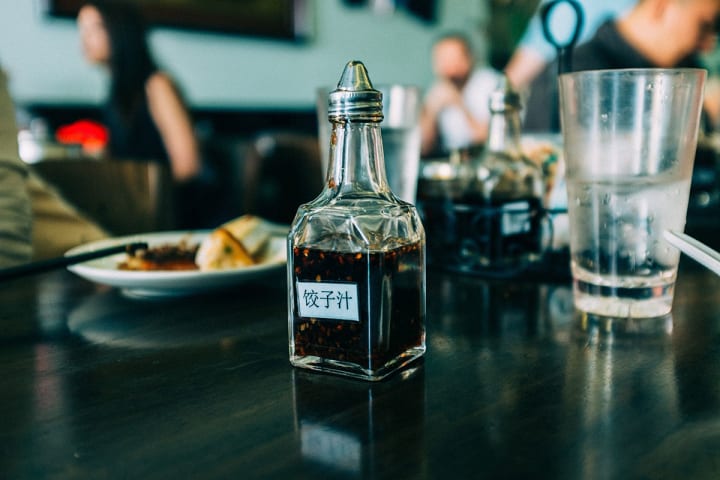
One common tactic used by the best cooks in the world is to substitute a seasoning component of a dish for something that serves the same role but adds a different flavor. One of the most common examples of this practice is trading out salt for soy sauce. Soy sauce primarily adds a salty flavor, but it also has underlying hints of the soy and fermentation process. As a result it is frequently substituted for salt in dishes that do not normally call for soy sauce in order to give them a slight twist. Other components that can be substituted include different kinds of oils or fats for cooking as well as different spicy components.
As you can see, there are a number of different tips for better tasting food. You'll notice that most of them focus on control and that is the real key. Being aware of the different ways that heat changes, timing matters, and knowing that your food is experiencing the best conditions to produce the product you want is both a comfort and a boon to cooks and chefs all around the world. By following these tips you will be ready for your next dinner party, family holiday hosting responsibility, at home date night, or even just everyday family or personal meals. After all, we all must eat, so why shouldn't we all eat well?
About the Creator
Julie Barnes
Learning to laugh at life while feeding a family of five. Finding unique, unusual recipes on a budget.


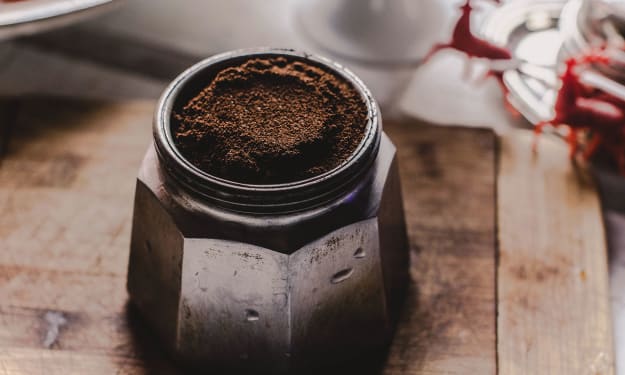

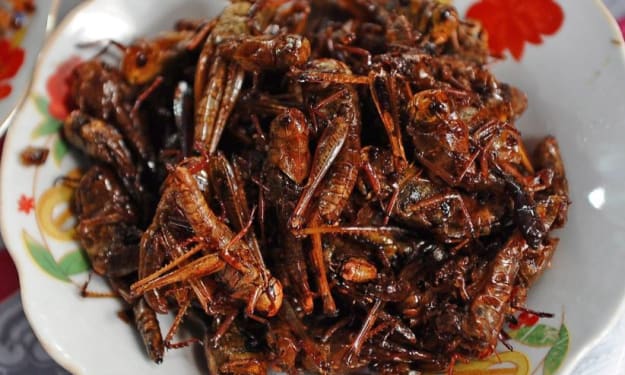

Comments
There are no comments for this story
Be the first to respond and start the conversation.